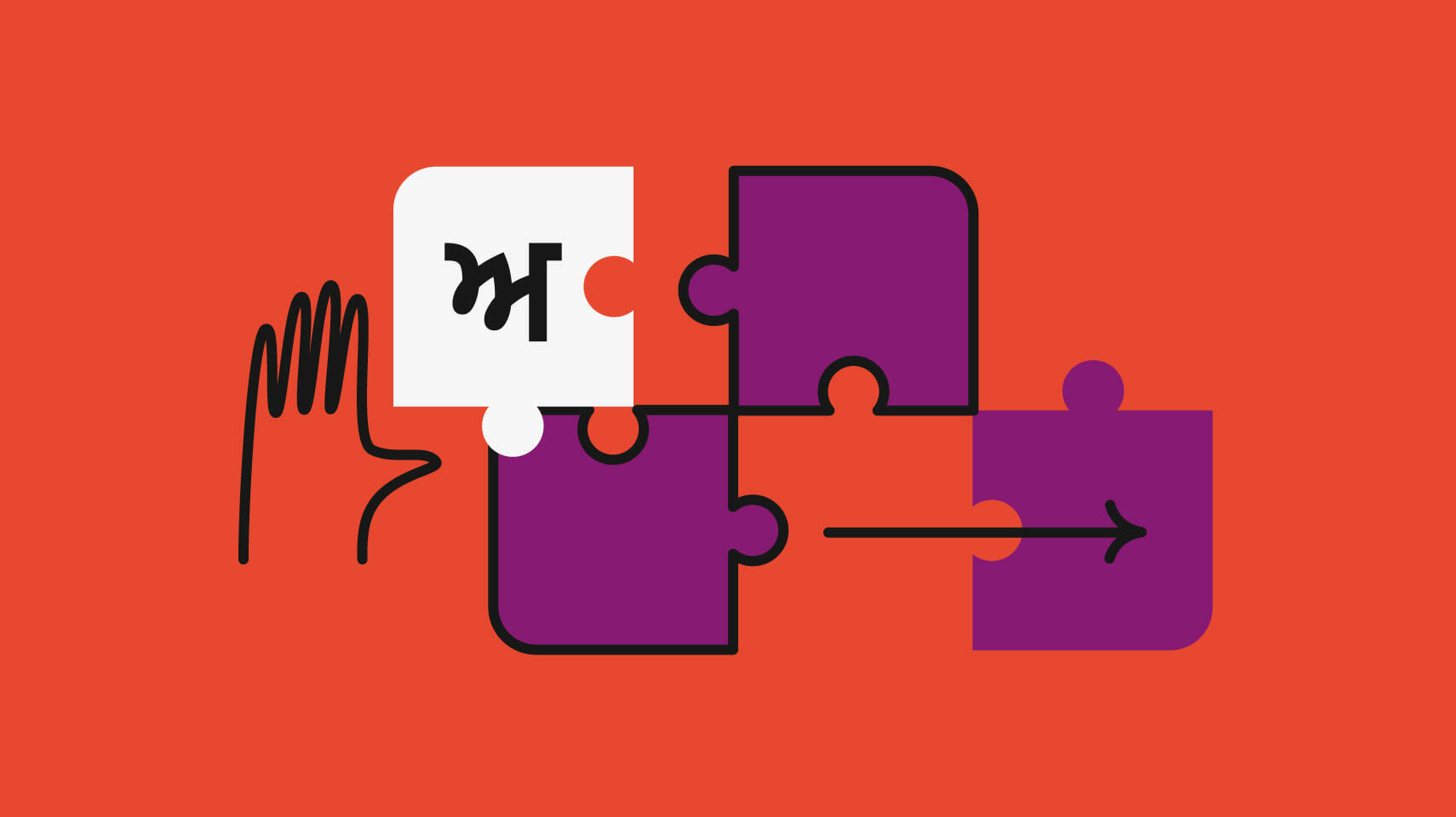An HTTP Cookie is a small piece of data stored by a web browser. It helps websites remember information about your visit.
Cookies are essential for creating a personalized browsing experience on the internet. They enable websites to keep you logged in, store items in a shopping cart, or remember your preferences for future visits. With these tiny text files, servers can deliver custom content tailored to individual users.
Their role in user authentication simplifies access to various websites, enhancing user convenience. Despite the benefits, cookies also raise privacy concerns, as they can track user behavior across different sites. Thus, understanding cookie management in your browser settings is important for maintaining online privacy and security. Ensuring your content incorporates keywords such as “HTTP Cookie,” “web browser,” “personalized browsing,” and “online privacy” can boost its relevance in search engine results.

Credit: www.scientificamerican.com
Types Of Http Cookies
Cookies are tiny pieces of data that help websites remember you. They play key roles in the online world. Let’s explore the different cookie types each with a unique job!
Session Cookies
Session cookies keep you logged in as you browse. They vanish once you close your browser tab. These cookies ensure a smooth, continuous experience across a site without you needing to constantly log back in on each new page.
Persistent Cookies
Persistent cookies remember you for future visits. They stay on your device between sessions and save your preferences. Websites use these to speed up login processes and remember settings, giving you a personalized touch.
Secure Cookies
Secure cookies add an extra layer of protection. They only transfer over HTTPS, a secure connection. This helps keep your data safe from prying eyes, especially important on e-commerce sites or while handling sensitive information.
Third-party Cookies
Third-party cookies are set by domains other than the one you’re visiting. They’re often used by advertisers to track your browsing habits across the web. These cookies can shape the advertisements you see on different websites.
Http-only Cookies
HTTP-Only cookies strengthen security further. They are inaccessible to client-side scripts. This design choice helps protect you from certain types of attacks, like cross-site scripting (XSS). Your browsing stays safer because of these cookies.
How Http Cookies Work
HTTP cookies are tiny data packets. Websites use them to remember users. This guide breaks down how cookies help the web remember you.
Cookie Creation
When you visit a website, it sends a small packet of data to your browser. This is the cookie creation process. Your browser receives this data and creates a cookie.
Cookie Storage
After creation, the cookie gets stored on your device. It stays in your browser’s memory. Each cookie has its own slot.
Cookie Usage
The next time you visit the same site, your browser sends the cookie back. This helps the site remember your settings. It is cookie usage in action.
Cookie Expiration
A cookie doesn’t last forever. It has an expiration date. The site sets this expiration when creating the cookie. Your browser will delete old cookies automatically.
Cookie Deletion
Sometimes, you need to remove cookies manually. This can be done through your browser’s settings. Look for the privacy or history section to delete cookies.
Uses Of Http Cookies
HTTP cookies play a vital role in web browsing. They ensure websites remember information about your visit.
Personalization And User Preferences
Cookies help in creating a customized browsing experience. Here’s how they work:
- Save theme settings: Dark or light mode stays as you like.
- Remember language selection: Websites appear in your preferred language.
- Store location data: Local content surfaces without repeated entry.
Analytics And Tracking
Websites use cookies to gather data on user behavior. This includes:
- Tracking visit frequency to web pages.
- Calculating time spent on specific sections.
- Improving user experience based on data.
Authentication And Session Management
Secure logins and session integrity rely on cookies. Key functions are:
| Function | Description |
|---|---|
| Session continuation | Stay signed in on a site across different pages. |
| User verification | Confirm identity for secure account access. |
| Shopping carts | Keep items in your cart between visits. |
Targeted Advertising
Relevant ads enhance your online experience. Cookies make this possible by:
- Recording browsing habits to show related ads.
- Maintaining a list of products you’ve viewed.
- Adjusting ad display frequency for better relevance.

Credit: phrase.com
Controversies And Privacy Concerns
In today’s digital age, HTTP cookies are a hot topic sparking debates around privacy. These tiny data packets, exchanged between web browsers and servers, enable personalized web experiences. Nonetheless, they carry potential privacy risks. Concerns have provoked global dialogue, prompting legislation to protect users’ privacy rights.
Potential Risks
HTTP cookies, while useful, pose certain risks to users’ privacy. Here’s what to watch out for:
- Tracking behavior: Cookies can log browsing patterns.
- Data exploitation: Companies may sell your data without consent.
- Security vulnerabilities: Cookies can be targets for cyber threats.
Cookie Consent And Legal Requirements
Global laws now govern cookie use and consent:
| Region | Law | Requirement |
|---|---|---|
| European Union | GDPR | User consent for cookies |
| California, USA | CCPA | Opt-out option for users |
Clear consent mechanisms must be in place to comply.
Managing And Deleting Cookies
Users can control cookies:
- Access browser settings to manage cookie preferences.
- Delete cookies regularly to maintain privacy.
- Use private browsing modes to limit cookie storage.
Alternative Tracking Technologies
Other technologies are also in use:
- Local Storage: Similar to cookies, but stores more data.
- Web Beacons: Tiny images that track your visit.
- Fingerprinting: Gathers unique configurations of your device.
Understanding these alternatives is crucial for informed browsing.

Credit: www.linkedin.com
Frequently Asked Questions For Http Cookie
What Is An Http Cookie?
An HTTP Cookie is a small piece of data sent from a website and stored on the user’s computer by their web browser while browsing. Cookies were designed to remember stateful information or record the user’s browsing activity.
How Do Http Cookies Work?
HTTP Cookies work by storing data in key-value pairs on your browser. This data is sent back to the server each time the browser requests a page, allowing the server to recognize users and recall their previous activity.
Why Are Cookies Important For Websites?
Cookies are crucial for websites to provide a personalized experience. They enable functionalities such as user authentication, session management, and storing user preferences for more tailored interactions with the site.
Can Http Cookies Be Blocked?
Yes, users can block HTTP Cookies through their browser settings. However, blocking cookies might impact the functionality and user experience on websites that rely on them for essential features.
Conclusion
Navigating the terrain of HTTP cookies is essential for any digital experience. They balance user convenience and privacy, playing a pivotal role in website functionality. Proper handling ensures a seamless user experience while safeguarding data security. As technology evolves, understanding cookies remains crucial for both users and developers.
Embrace their potential, but tread wisely.

